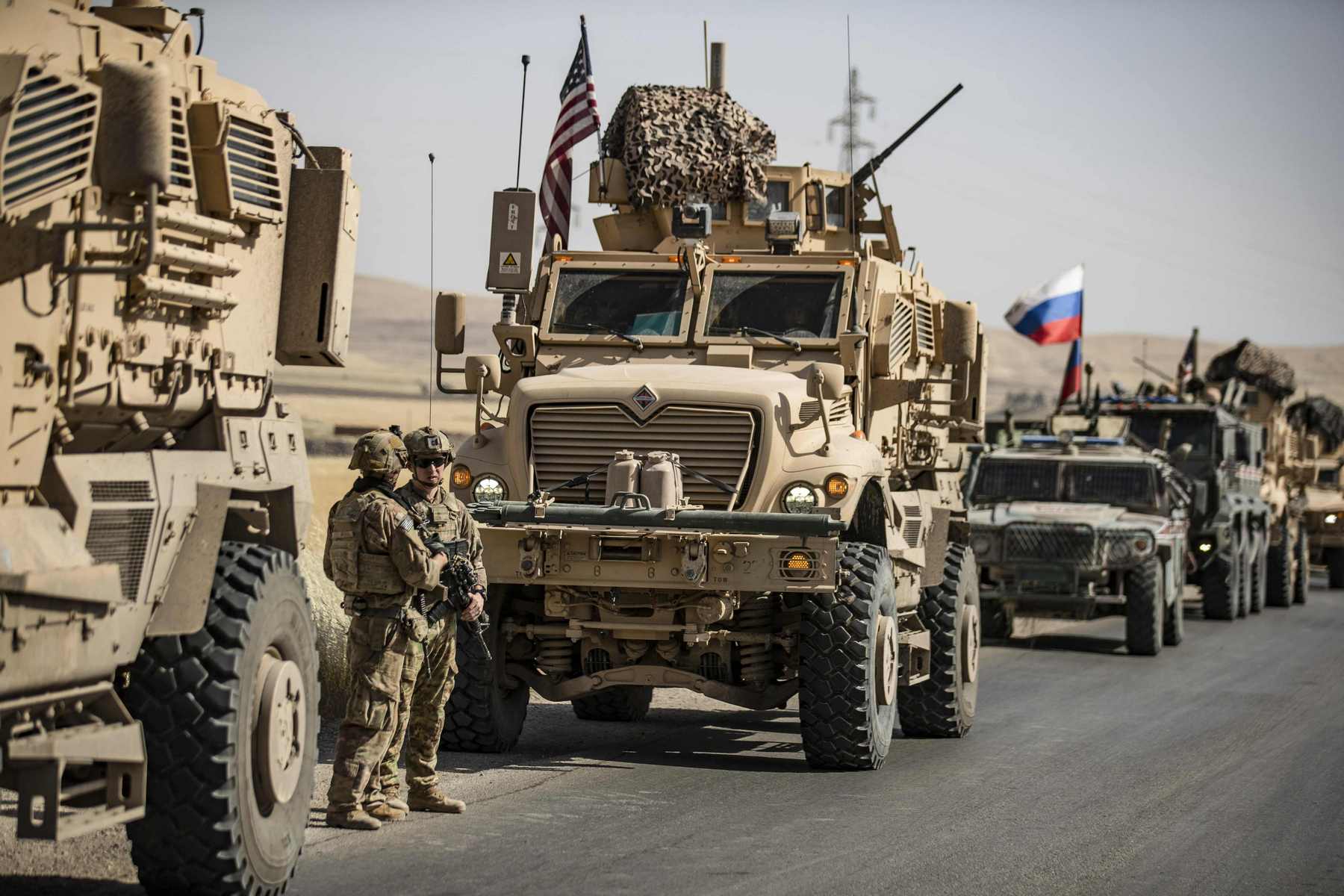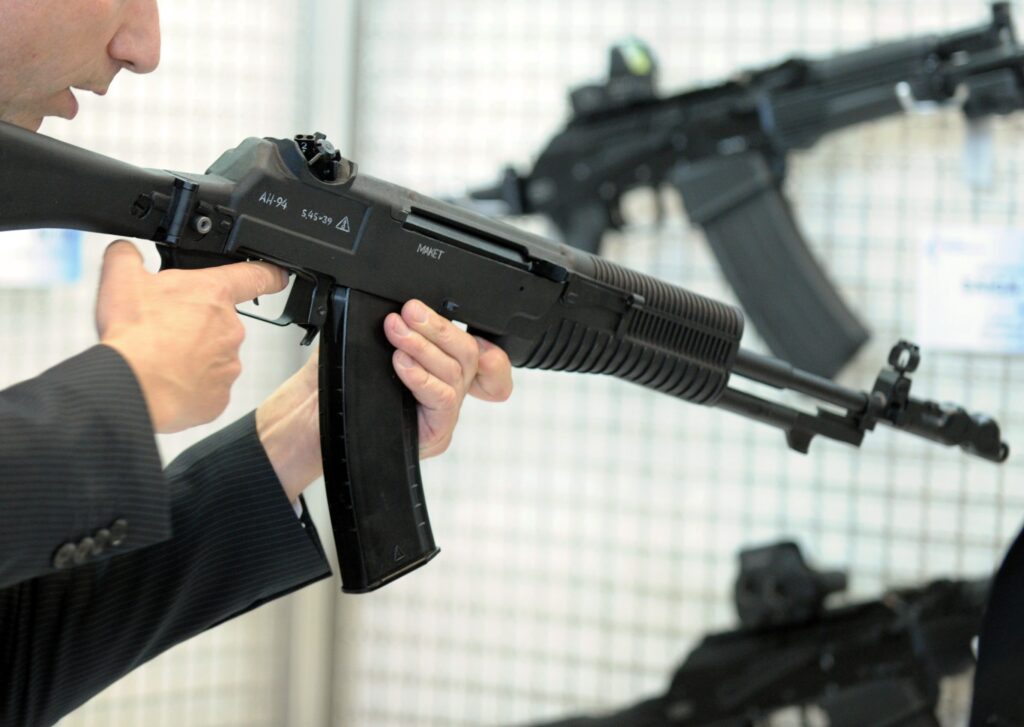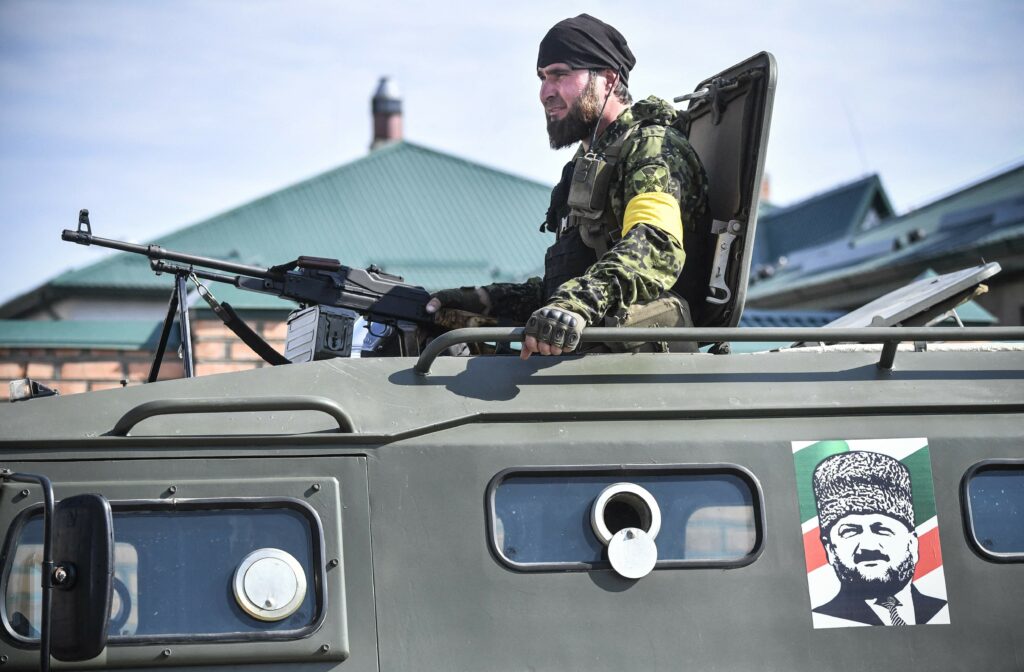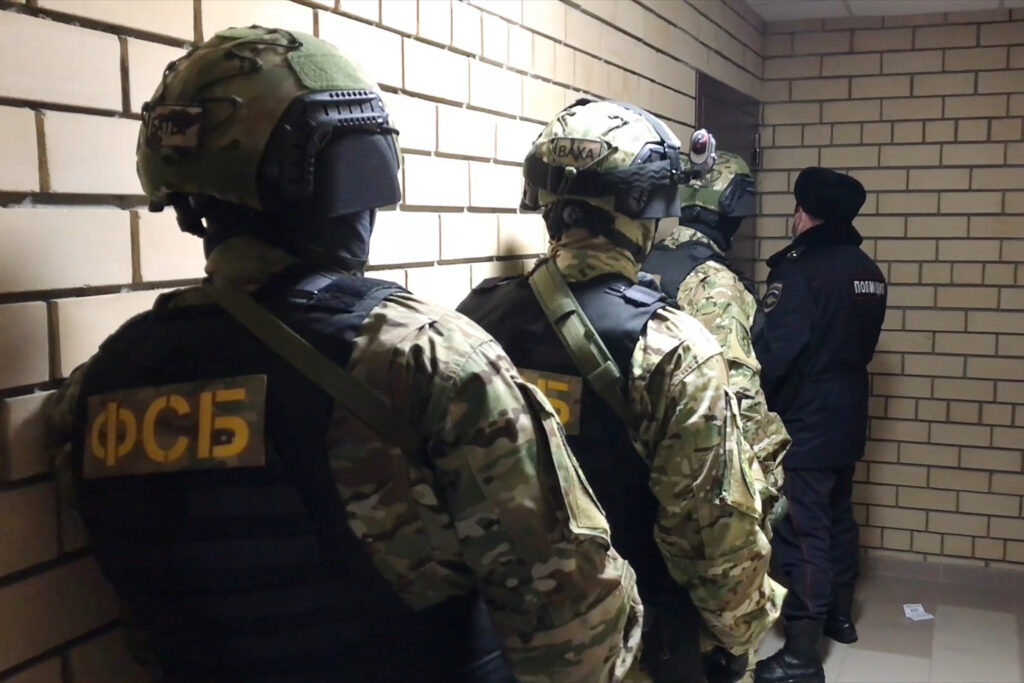The murder of George Floyd sparked mass protests and riots that swept the USA. The unrest descended into a looting of stores, attacks on police stations and local government buildings. In response, state governors summoned National Guard troops to patrol the streets while the capital was flooded with paramilitary units ranging from private organisations to Secret Service officers. This fuelled the debate on the nature of American civil-military relations. Ironically, such relations in Russia are in many ways like those in the United States. Both countries value their armed forces and allocate the lion’s share of their budgets to maintain them, while their societies and politics are heavily militarised.
Are the military involved in politics?
Civil-military relations is a concept that explains the relationship of civilian authorities and society to state paramilitary structures. Normatively, these relations are rooted in the subordination of the military to civilian authorities, even when the former disagree with the decisions of the latter. Politicians are allowed to make mistakes, and the military are tasked with reducing their probability. The military have specific skills and knowledge. Thus, the civilian authorities should give them a certain autonomy for training, support and operational use of force. The civilian authorities, meanwhile, have the final say on financing, structural changes, strategic use of force and control over the military.
Efficient civil-military relations ensure high professionalism of law enforcement agencies, the rational use of budget funds, the use of military force when it is absolutely necessary and justified as well as the military’s compliance with human rights principles and laws. When properly structured, civil-military relations turn the armed forces and law enforcement into an effective tool of civilian policy.
The crisis of US civil-military relations
The civil-military relations of any country have their foundations in its socio-political characteristics. In the US, the armed forces are the most respected state institution. So every election comes with the politicisation of the armed forces; candidates are trying to get support of retired generals and gain credentials as backers of the military. That is why, for example, Biden’s comment that the military will escort Trump out of the White House if he refuses to leave is yet another pre-election attempt to get closer to the military (the defender of the US) and distance himself from Trump (a threat to national security and American democracy).
American generals can influence the legitimacy of foreign policy. A survey of 12,000 participants revealed that criticism of a policy by generals delegitimised it in the eyes of society; their support slightly increased its popularity. Moreover, retired generals eagerly comment on politics in the media, thus informally presenting the stance of the armed forces. Hence, politicians who want to be re-elected have to take the military’s position on civilian issues seriously. This violates the ideal theoretical setup of civil-military relations, with the US military still having an independent political voice.
When US Defence Secretary Mark Esper compared the protests with a battlespace, it drew fire from civilian politicians and some retired military personnel. Urban political protests are a civilian process. Therefore, Esper’s comment militarised American politics again. At the same time, President Trump threatened several times to resort to the ‘unlimited power’ of the armed forces if state governments failed to maintain law and order. In response to criticism, General Milley apologised for the photo shoot with Trump and said he had learned his lesson.
The military also have a say when it comes to governance. The US defence industry is distributed among American states. Thus, the Pentagon can buy legislators’ votes with defence purchases in their constituencies. During his speech on the deck of a warship, Trump openly urged supporters to pressure their representatives for an increase in the defence budget.
The US has about 500 military bases abroad and this cannot but impact foreign policy. For example, the Pentagon was ahead of the Department of State in the race to lead the reconstruction of Iraq and Afghanistan, which once again turned the civilian process of reconstruction into military administration. US foreign policy supports ‘strategic autocracies’ and undemocratic regimes if they are important in military terms. For example, in Europe, the US is developing military cooperation with authoritarian Hungarian Prime Minister Viktor Orban, who is expelling American non-government organisations and universities from the country with his other hand.
Finally, American society itself is militarised. This is seen with visible militarist actions such as priority boarding of the military in airplanes, free parking and discounts in cafes for veterans, bumper stickers saying ‘When you’re the best it’s hard to be humble! — the US Marine Corps’. Even baseball caps inscribed ‘Proud mom of a soldier’.
American non-military law enforcement agencies are also militarised. Since the early 1990s, the American armed forces have had the right to hand over used armoured vehicles, helicopters, UAVs and machine guns to law enforcement. The availability of such weapons enabled their unjustified use, as in the case of the murder of the unarmed African-American Leonard Thomas, shot by a sniper, or the death of Daniel Shaver, shot after moving his hand towards his waistband.
The militarisation of American politics and society is at odds with the normative view of the US as the leader of the free world which is popular abroad. It is hard to talk about freedom when American citizens value military uniforms more than private businesses and an independent judiciary. According to Andrew Bacevich, a Vietnam War veteran and Boston University professor, Americans are ‘seduced by war’, which is fraught with dire political consequences.
Civil-military relations in Russia
Russian civil-military relations look much more balanced at first sight. Russia has not seen a successful military coup since 1801, while attempts to involve the army in politics have always been institutionally rejected. The Russian army is also the most trusted institution in the country. The Ministry of Defence has been successful in creating this positive image. Thus, among Russians, the image of the army corresponds to the status of a great superpower. However, Russia suffers from a host of civil-military problems that limit its development.
First of all, control over the army and law enforcement in Russia is hyper-centralised. The president controls every process in the army and law enforcement. MPs, the Prosecutor’s office and non-governmental organisations are practically deprived of any oversight possibilities. That is why President Putin does not even have to call anyone whenever he wants to allocate money to the defence sector; he does so by cutting spending on the social component of the budget. This is what happened in late 2011, when the 2011−2020 State Armament Programme was adopted. Russia cannot have its own John McCain who, despite his hawkish views, advocated soundness of spending and opposed corruption and abuse in ‘the military-industrial-congressional complex’. Russian MPs will support any spending on war.
Excessive centralisation also leads to low accountability of the army and law enforcement in the areas most important for citizens and troops themselves: conscripts’ rights, social security and reintegration of retired officers and veterans. For example, there is a huge difference in national responses to the death of American soldiers in Nigeria and Russian soldiers in Russia. The death of four US special operations soldiers in Nigeria shook Washington. Marine General Thomas Waldhauser, head of the African Command at the time, had to testify before Congress. The Pentagon’s internal investigation was pilloried by members of Congress and the press.
Today’s Russia has not had a single case of a similar reaction to the death of servicemen. The killing of eight people by Private Shamsutdinov resulted in a criminal case and a trip by first deputy chairman of the Defence Committee Sherin to his military unit. Sherin summarised his trip as follows: ‘Perhaps this is how an old childhood trauma was exacerbated by such ferment. This is how psychological breakdowns happen.’ The Russian military indulge in avoiding responsibility, claiming that the army is merely a microcosm of society. However, civilians do not have to serve around the clock, or be fully combat-ready. ‘Childhood traumas’ should not lead to mass shootings in the armed forces. To this end, Russia needs strict parliamentary control that could lead to investigations into the shooting, and thus to proposals for systemic change.
Secondly, Russian foreign policy is also militarised. Even though Russian generals largely are not eager to comment on policy in the media, the influence of the military is powerful, especially after 2014. The reason lies in the informality of Putin’s immediate milieu. Unlike in the USA, there are no formalised institutions for recruiting the political elite in Russia. As a result, only those admitted to the presidential circle can influence his policy. As Putin himself put it, he ‘was an officer for 20 years’ and felt part of the military team.
Finally, the Russian police, National Guard, Federal Penal Correction Service (FSIN) and Federal Security Service (FSB) are heavily militarised, like their American counterparts. Three hundred and forty thousand (340,000) members of the National Guard equipped with military helicopters and artillery, the FSIN and FSB endowed with special powers and armaments, can be used without restraint against the civilian population. However, a more pressing problem is their militarised mindset, which sees detainees as enemies and protesters as steered by outside forces. By this logic, a representative of the elite finds it more important to fulfil their tasks in an accurate and timely manner than to protect human rights and freedoms. At the same time, the response to the unjustified use of violence by one agency is extrapolated to an entire power structure. It undermines citizens’ confidence in the legitimacy of actions by these agencies meant to combat crime and terrorism.
So, despite often conflicting political orientations, Russian and American civil-military relations are similar. Russia and the USA are militarised states with the army and law enforcement strongly placed in domestic and foreign policy. The imbalance of civil-military relations in both countries results in unnecessary wars, excessive spending on the army and law enforcement and citizens who are disappointed in their politicians. Recognition of this problem and gradual revision of the preferences of the army and law enforcement will promote economic growth and make both countries safer, both domestically and for the rest of the world.









